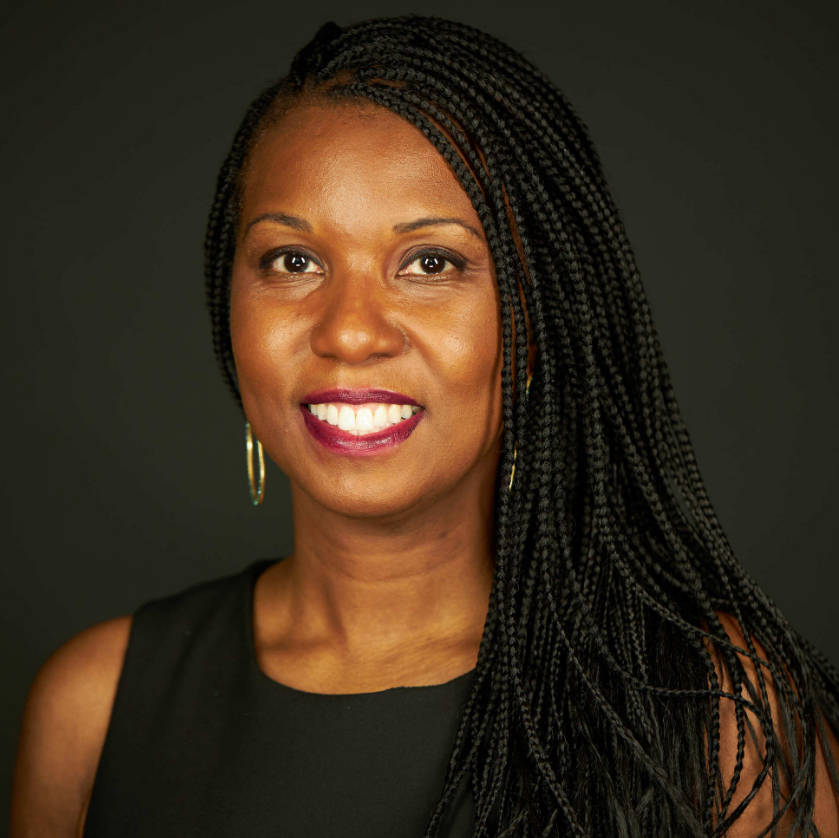How the Finance Sector Can Boost Sustainability and Inclusivity All at Once: A Conversation With Jamie Jones Ezefili

Originally published by CDP on February 16, 2021
By Lori Llewellyn, Acting Managing Director, CDP North America
Climate change is a present and future risk that we cannot curb without first addressing inequities within society. Lori Llewellyn, Acting Managing Director, CDP North America, sat down with Jamie Jones Ezefili, Vice President of Corporate Social Responsibility at Northern Trust, to discuss the responsibilities of businesses and government in taking a 360-degree approach to addressing climate change and how we can have a more intergenerational scope on environmental action.
How did you get into this field? When you went to school did you have sustainability in mind?
When I think about my time as a young adult, I had no idea that working in the sustainability space was an option. I started at Northern Trust in the middle of the market crisis in 2008. I remember being at a meeting and the CEO mentioned that if you weren’t going home at the end of the day feeling good about what you were doing then you probably need to take some time to reassess your career and whether this is the right path for you. This made me start thinking about my own goals and values, what I am passionate about and how I could get there. Working in CSR for a financial service institution while coming out of the market crisis made me want to prove that financial services have a lot to offer in terms of ESG and can push forward much-needed change in society.
What does sustainability mean to you?
It’s about leaving this place better than I found it. From the people to the planet to the economy. I want to know that, after me, future generations will be able to not just live but thrive. It’s also about breaking barriers and setting trends that normalize inclusivity and representation in the CSR and financial services spaces, but also corporations overall.
The climate crisis has had inequitable effects on marginalized groups and people of color. What are the responsibilities of companies and financial institutions to create a more equitable future?
We need to look at our impact holistically. Financial institutions must make sure that when we’re making investments and strategically trying to have an impact on society, we are taking a 360-degree approach – looking at all points of view and making sure that marginalized groups are represented when important discussions are happening.
If we are saying that businesses need to cut emissions or stop unsustainable practices, we must also consider who will be most impacted if there are jobs lost due to these changes. It’s about helping the community and environment now in a responsible way, while also preventing future harm.
At CDP, transparency is a vital part of what we do. Since Northern Trust earned an A- for its CDP climate change disclosure in 2021, your company clearly values transparency as well. Why do you believe transparency around environmental and social impact is important within the financial services industry?
Transparency allows us to own the conversation around us and our sustainability efforts. If we don’t tell people about the good things that we’re doing – such as investing US$3.1 billion in affordable housing in our community – then they won’t know. Waiting for someone else to tell our story won’t always work out in our favor.
We must also consider what our investors care about given the nature of the business that we are in. If they aren’t sure about what we’re doing to mitigate the risk that comes with climate change, that could create an issue.
Finally, disclosure allows us to see where we can improve. It keeps us competitive with those within our industry with similar trajectories. By looking at the scores that competitors are getting and what they are doing to earn those scores, we can strive to be better and lead within this space.
As we look to make a just transition toward a more sustainable future, how does representation factor into this goal?
I think the ESG and sustainability space has opened up a lot in the past two years. I’ve been receiving more invitations for panels and interviews, clearly highlighting that there is awareness that a variety of experiences and voices are needed in addressing climate change. Representation matters and I feel a responsibility to get involved. Hopefully, the more that we take these speaking opportunities, the more of us will get involved or learn that it’s even possible to do so.
As we look forward to the next decade of climate action and ambition, what makes you most hopeful?
This next generation makes me hopeful and excited. The younger generation really believes that they can do it, and I do too. They are asking difficult but necessary questions to move forward sustainability and thinking about the intersectionality of climate, finance and racial equity. They are passionate and won’t take no for an answer, and I think that they’ll be able to build the revolutionary technologies and systems needed to get us where we need to be.

